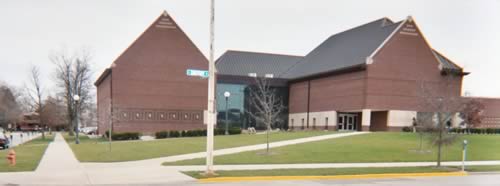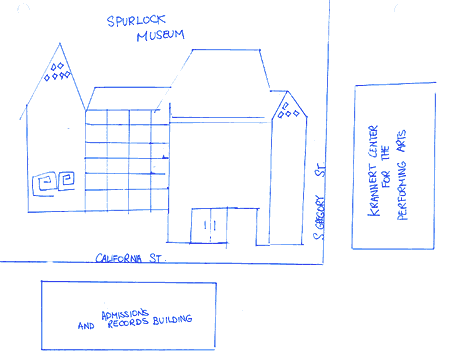


The interactions between the workers and the visitors reveal the educational culture of the museum. The tour leader tried to teach the boy scouts the histories of the past. She brought them to different displays and gave them a brief description of the artifact. To catch the attention of the boys, she told them stories. When she told each story, she used different tone and body languages to make it sound more interesting. She also let the boy scouts touch the related sample of the artifact in order for them to learn through activities. Every time she gave a speech, the boys would be quiet, and every time she finished a speech, they would thank her. The boys were quiet during her speeches because they wanted to be respectful. Also, the phrase “thank you” has different meanings. It may mean that the boys are thankful to learn more about the past. It can also mean they want to thank the tour guide. This positive relationship between workers and people establish a good communicating environment. This good communicating environment encourages people to ask and answer questions, which creates a good learning atmosphere.
The location, settings and the events of the museum
also reveal different cultural values. The museum is located near the Admissions
and Records Building so perspective students can visit the museum after they
stop by the admissions office. It is good for perspective students to go there
because it gives them a chance to learn outside of classes. Museum is a learning
place in the university where people can look at different artistic and historical
objects. They can learn the histories of the past at present time. The museum
is an excellent place for people to learn by themselves through looking at the
artifacts and reading their descriptions.